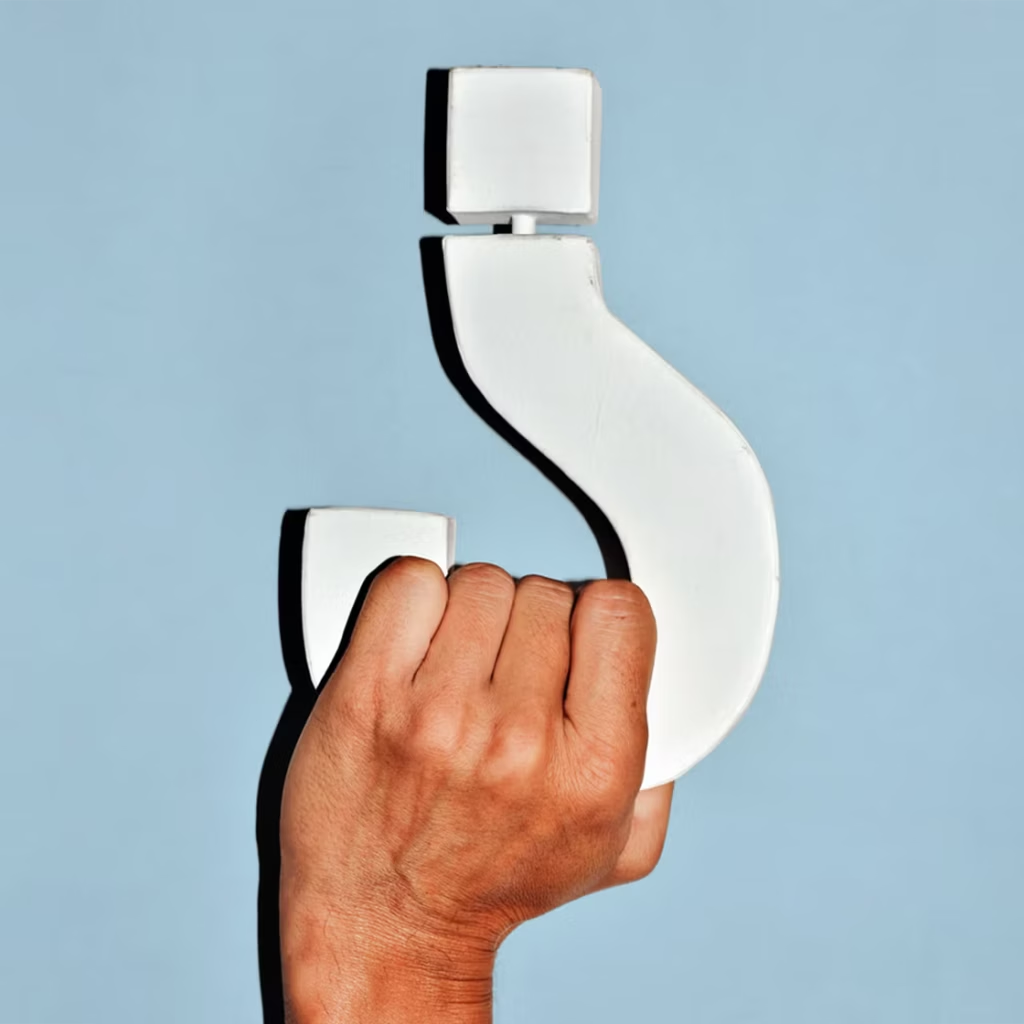The New Year rolls around and suddenly the pavements are crowded with people. From the hobby jogger to the amateur, people are out and about, pounding the pavement with exasperation and dread as they look to make 2022 the year of health and fitness. Of course, just a few weeks into January and suddenly the pavements are back to being relatively deserted, and those resolutions many swore they’d never break are shelved instead. But for those struggling to get into an exercise routine or workout program, it appears the benefits of exercise might be available to you without seeing you even have to go to the trouble of doing it in the first place.
According to a new study conducted by scientists at Stanford’s School of Medicine, injecting the plasma fro marathon-running mice into their comparatively less active peers elicited the same brain benefits as if they had exercised themselves. For the study, functional or locked running wheels were placed into the cages of three-month-old lab mice. After a month of steady running, they found that the quantity of neutrons and other cells in the brains of marathoner mice had increased when compared to those of the sedentary mice. The researchers then collected blood from the marathoner and sedentary mice, before injecting another group of sedentary mice with the plasma from marathoner or “couch-potato” mice every three days. “The mice getting runner blood were smarter,” says study senior author, Tony Wyss-Coray.
The scientists found that with a single injection of blood, or more specifically plasma, the mice who were largely sedentary and inactive were instead able to increase their nerve-cell production and suffered less inflammation.
So, what does all this mean for our own future? Well, scientists suggest that these findings could help humans to lower their risk of neurodegenerative disease or slow its progression. “We’ve discovered that this exercise effect can be attributed to a large extent to factors in the blood, and we can transfer that effect to a same-aged, non-exercising individual,” explains Wyss-Coray.
Researchers even discovered that during two different lab tests, the sedentary mice injected with marathoner plasma out-performed their equally sedentary peers who received the plasma from inactive mice. Those receiving marathoner plasma also had more cells that gave rise to new neurone in the hippocampus. “The runners’ blood was clearly doing something to the brain, even though it had been delivered outside the brain,” says Wyss-Coray.















